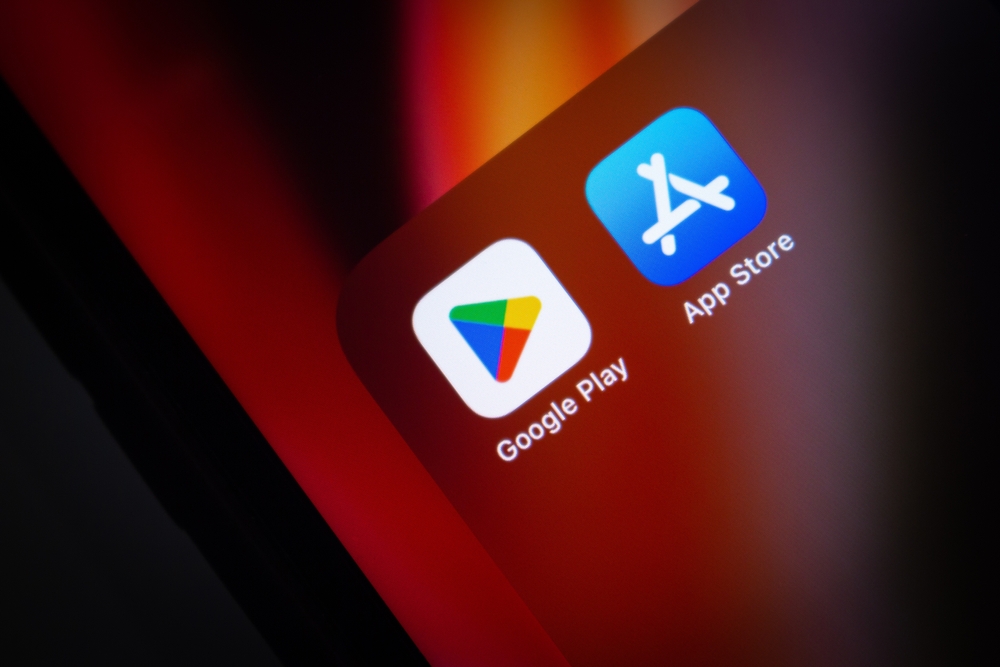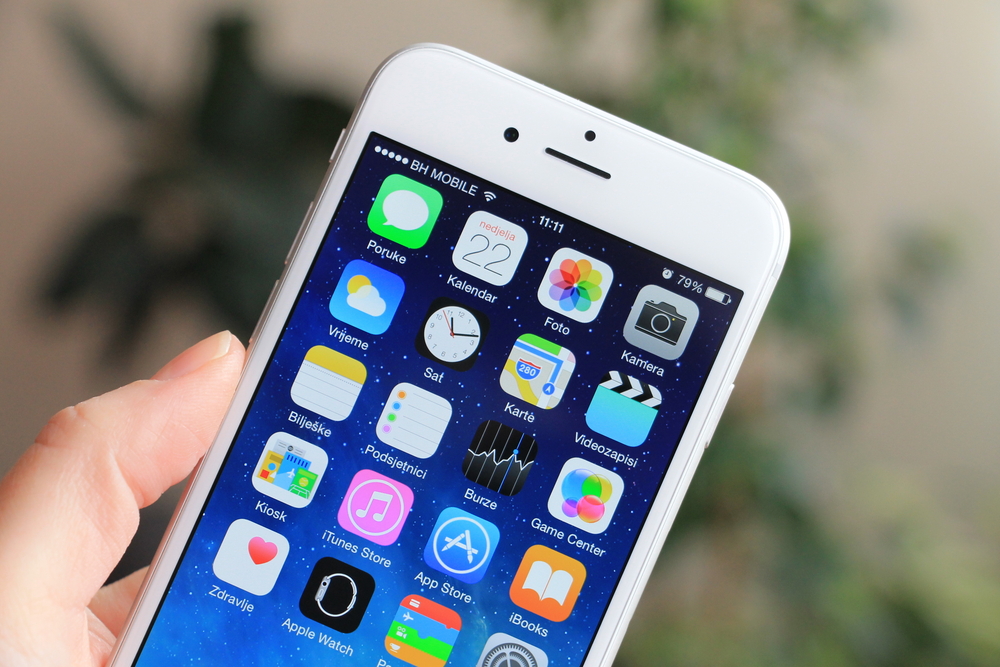
Unlock Success: Essential Tips for Marketing and Promoting Your Mobile App

Unlock Success: Essential Tips for Marketing and Promoting Your Mobile App
With the rise of mobile technology, the demand for mobile apps has never been higher. It seems like there's an app for everything these days, from organizing our schedules to ordering food. But what happens when you've invested time, money, and effort into developing your own mobile app, only to find it buried in the app store? This is where effective marketing and promotion come into play. In this article, we'll explore some essential tips to help you unlock success for your mobile Android or iOS app .
1. Define Your Target Audience
Before you start promoting your mobile Google Play or App Store app , it's crucial to have a clear understanding of who your target audience is. By identifying your audience, you can tailor your marketing efforts to reach the right people. Think about the demographics, interests, and behaviors of your potential users. Conduct market research to gain insights into what motivates them, their pain points, and how your app can provide a solution.
For example, if you've developed a fitness tracking app, your target audience might be health-conscious individuals who enjoy exercising and staying active. Understanding your audience allows you to create targeted messaging, choose the right marketing channels, and maximize the impact of your promotional efforts.
2. Optimize your App Store Presence
With millions of apps available on various app stores, optimizing your app's presence is crucial for visibility and discoverability. Start by optimizing your app's title, description, and keywords. Use relevant keywords that accurately describe what your app does, ensuring that potential users can find it when searching for related terms.
Include high-quality screenshots and videos to showcase the features and user experience of your app. Visual content is essential as it can catch the attention of potential users and compel them to download your app. Additionally, encourage positive user reviews and ratings, as these can significantly influence a user's decision to download an app.
3. Leverage Social Media Marketing
Social media platforms are powerful tools for marketing and promoting your mobile App Store or Google Play app . Create dedicated social media profiles for your app on platforms where your target audience is most active. Develop a content strategy that highlights the benefits, features, and updates of your app.
Engage with your audience by sharing relevant and helpful content, such as how-to guides, tutorials, and success stories. Build a community around your app by encouraging user-generated content, hosting contests, or offering exclusive discounts or rewards. Social media platforms also provide targeted advertising options, allowing you to reach a specific audience based on their interests, demographics, and behavior.
4. Collaborate with Influencers
Influencer marketing has become increasingly popular in recent years. By collaborating with relevant influencers in your industry or niche, you can tap into their established audience base and leverage their influence to promote your mobile iOS or Android app . Look for influencers who align with your app's target audience and brand values.
Reach out to them with a personalized pitch, highlighting how your app can benefit their audience and why they should partner with you. Influencers can create sponsored content, such as reviews or tutorials, that showcase your app's features and benefits. Their endorsement and recommendation can significantly increase your app's visibility and credibility among their followers.
5. Implement App Store Optimization (ASO)
App Store Optimization (ASO) is the process of optimizing various elements of your app's store listing to improve its visibility in search results. Similar to search engine optimization (SEO), ASO aims to increase organic (non-paid) traffic to your app's page in the app store.
To implement ASO effectively, you need to focus on factors such as app title, description, keywords, ratings, and reviews. Conduct keyword research to identify the most relevant and high-traffic keywords within your app's niche. Include these keywords naturally in your app's title and description to increase its chances of appearing in relevant searches.
Encourage users to rate and review your app, as positive ratings and reviews can boost its search ranking and credibility. Continuously monitor and analyze your ASO efforts and make necessary optimizations to improve your app's visibility and download conversion rate.
Frequently Asked Questions
1. How long does it take for a mobile app to become successful?
There is no definitive answer to this question as it depends on various factors such as the quality of your app, competition, marketing efforts, and user adoption. Some apps may achieve success within weeks, while others may take months or even longer.
2. Can I promote my mobile app for free?
Yes, there are several ways to promote your mobile app for free, such as leveraging social media platforms, optimizing your app store presence, and reaching out to influencers for partnerships. However, investing in paid marketing strategies can often provide faster and more significant results.
3. How do I measure the success of my app marketing efforts?
Measuring the success of your app marketing efforts involves tracking various key performance indicators (KPIs). These can include the number of app downloads, user engagement metrics, retention rates, conversion rates, and revenue generated. Use analytics tools and platforms to gather data and analyze the effectiveness of your marketing strategies.
4. Is it essential to update my app regularly?
Yes, regularly updating your app is crucial to keep it relevant, bug-free, and appealing to users. Updates can include feature enhancements, bug fixes, security improvements, and performance optimizations. Regular updates also show users that you are actively maintaining and improving the app, which can help with user retention and positive reviews.
5. How do I respond to negative app reviews?
When facing negative app reviews, it's important to respond in a professional and courteous manner. Address the user's concerns or issues promptly and offer a solution if possible. Take the feedback as an opportunity to improve your app and show other users that you care about their experience. Responding to reviews shows that you value user feedback and can help maintain a positive brand image.
Other useful resources
- https://en.wikipedia.org/wiki/App_store
- https://en.wikipedia.org/wiki/Mobile_app
- https://en.wikipedia.org/wiki/Mobile_app_development